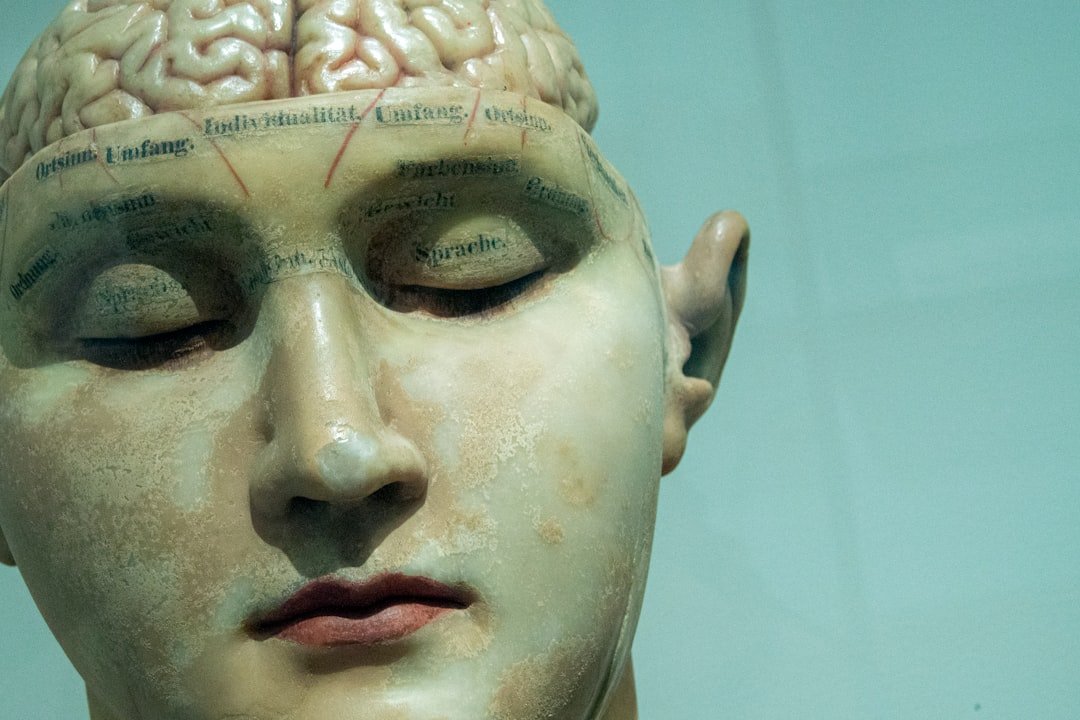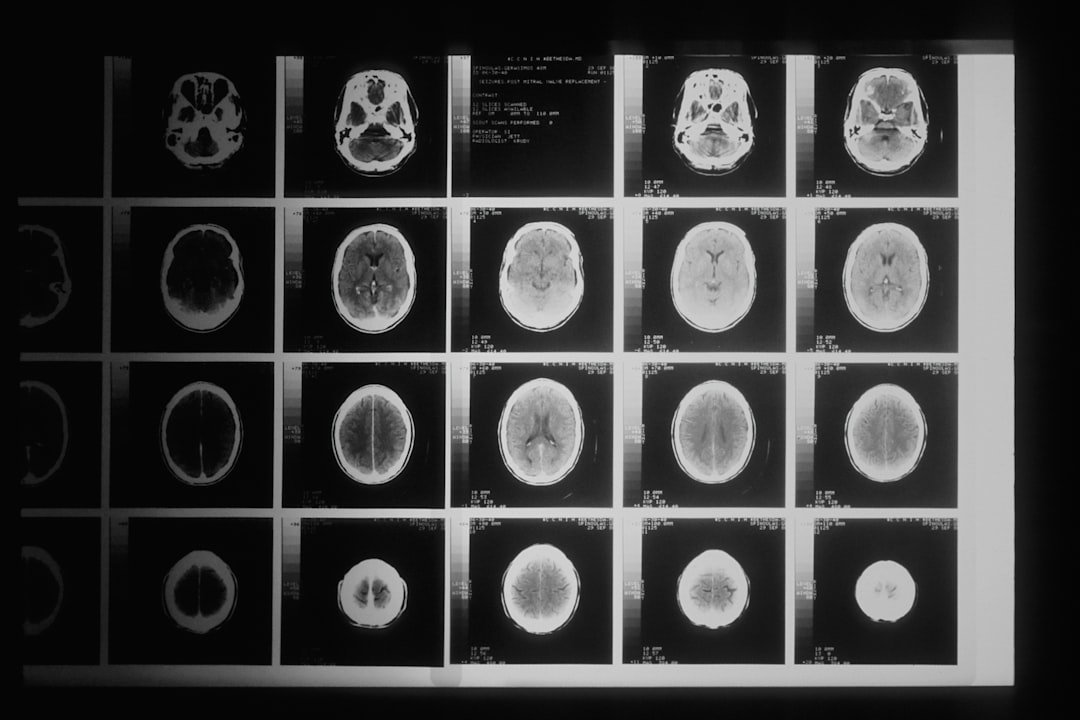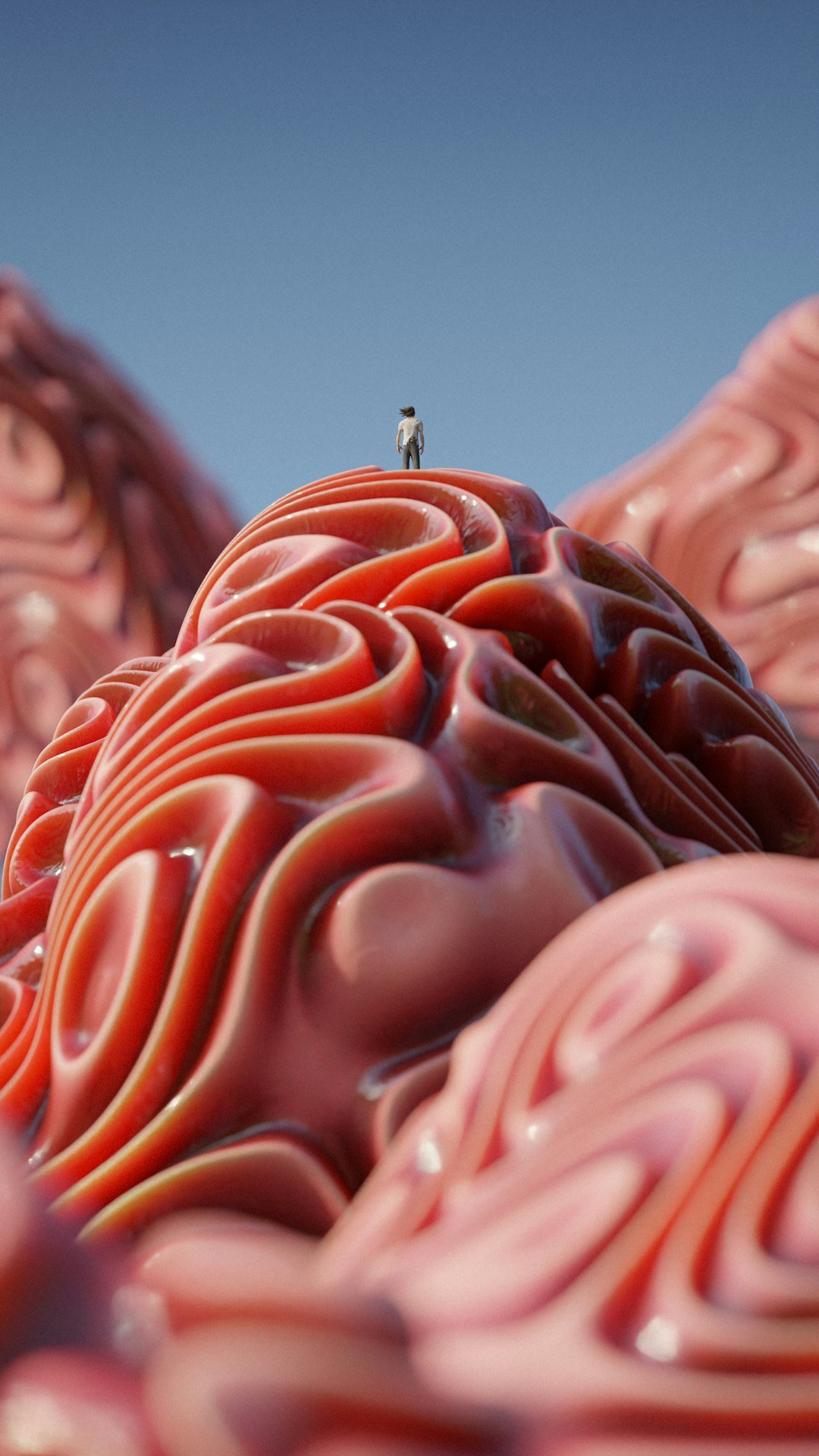Ever wonder why you feel butterflies in your stomach when nervous, or why stress makes your digestive system go haywire? Scientists have discovered something extraordinary that might change how you think about emotions forever. Deep within your intestines lies what researchers now call your “second brain” – a complex network that’s secretly controlling more of your feelings than you ever imagined.
The Hidden Brain Living in Your Belly

Your gut houses an astonishing neural network that would make even the most sophisticated computer jealous. The enteric nervous system contains around 500 million neurons, forming an elaborate mesh-like system that’s been dubbed our “second brain” and spans from the esophagus to the rectum. This isn’t just impressive numbers on paper – this system actively communicates with your primary brain through pathways you’re probably not even aware of.
What makes this discovery even more mind-blowing is that the gut and brain are in constant communication through multiple pathways involving the nervous system, endocrine system, metabolic system, and immune system, with gut microbes producing neurotransmitters, hormones, and metabolites that directly affect our emotions, thoughts, and behaviors.
The Microbial Puppet Masters of Your Mood

The trillions of microbes living in our gut hold significant sway over our daily emotions and long-term mental health, with research showing that the microbiome exerts a profound influence on communication through the gut-brain axis. Think about that for a moment – tiny organisms you can’t even see are influencing whether you feel happy, sad, or anxious on any given day.
These microscopic residents aren’t just passive bystanders. The microbiome produces crucial neurotransmitters like serotonin, dopamine, norepinephrine, and GABA that regulate thoughts and emotions, with studies showing gut bacteria capable of producing or stimulating the production of these vital brain chemicals. It’s like having a pharmaceutical factory operating inside your intestines, manufacturing mood-altering compounds around the clock.
When Your Gut Rebels Against Your Mind

Researchers have found evidence that irritation in the gastrointestinal system may send signals to the central nervous system that trigger mood changes, which may explain why a higher-than-normal percentage of people with IBS and functional bowel problems develop depression and anxiety. This revelation turned decades of medical thinking upside down – doctors used to believe psychological problems caused gut issues, not the other way around.
Up to 25% of the population experiences functional bowel problems at some point, suggesting that millions of people might be experiencing mood disruptions that actually originate in their digestive system. Your chronic anxiety might not be “all in your head” after all – it could literally be coming from your gut.
The Serotonin Secret Your Doctor Might Not Know

Here’s something that will completely change how you think about antidepressants and mood regulation: about 95% of the serotonin in the human body is synthesized by the gut, with enterochromaffin cells in the gut producing approximately 95% of the body’s serotonin in response to microbial metabolites. That happy feeling you get? It’s mostly manufactured in your intestines, not your brain.
Specific bacterial genera like Escherichia, Enterococcus, Candida, and Streptococcus can produce serotonin, while variations in gut bacteria populations can alter tryptophan availability, impacting serotonin synthesis in the brain and influencing mood and behavior. Your gut bacteria are essentially working as tiny chemists, mixing up the ingredients for happiness or despair.
The Stress Connection That Changes Everything

People more resilient to stress show microbiome activity linked to reduced inflammation and improved gut barrier integrity, with a compromised gut barrier becoming “leaky” and sending inflammation as a stress signal to the brain. This creates a vicious cycle where stress damages your gut, which then sends more stress signals to your brain.
Scientists have discovered that even short-term stress exposure can lead to alterations in the microbiome, and that changing the microbiome composition could make some mice more resilient to stress. This means your ability to handle life’s challenges might depend more on the health of your gut bacteria than your mental toughness.
Brain Scans Reveal the Shocking Truth

Functional magnetic resonance imaging studies have found that people with gut microbiota imbalances show different activity in the amygdala and prefrontal cortex, with disrupted gut biota related to greater amygdala activation and increased emotional reactivity, anxiety, and stress response. Scientists can literally see how your gut problems are rewiring your brain on brain scans.
There’s often reduced activity in the prefrontal cortex – essential for emotional control and cognitive functions like decision-making and impulse control – in people with gut microbiota imbalances, leading to mood dysregulation and cognitive deficits. Your gut bacteria might be sabotaging your ability to think clearly and control your emotions.
The Food-Mood Connection Nobody Talks About

Processed food consumption negatively alters the gut microbiome, leading to adverse mental health effects via the gut-brain connection, while consuming highly processed foods can tilt the balance in favor of “bad” microbes that produce inflammatory byproducts negatively impacting mental well-being. That junk food habit isn’t just affecting your waistline – it’s literally rewiring your brain for depression and anxiety.
Observational studies have found that following a healthy, balanced diet like the Mediterranean diet is linked to reduced depression risk, while eating foods high in probiotics and prebiotics can improve both gut microbiome and mental health. Your next meal might be the most important antidepressant you never knew you had.
Revolutionary Treatments on the Horizon

This research is a jumping off point for future human studies that could ultimately lead to treatments, and may point to biomarkers in the microbiome that can help tailor decisions on how to use existing therapies in mental health. Imagine getting a stool test instead of a psychological evaluation to determine the best treatment for your depression.
There are growing efforts to move this research into actionable treatments using diets, prebiotic and probiotic supplements, but the complexity of the microbiome calls for a different approach than typical pharmaceutical development which focuses on finding a single molecule or drug. The future of mental health treatment might involve feeding your gut bacteria instead of taking traditional medications.
Conclusion: Your Gut Feelings Were Right All Along

The connection between your gut and emotions runs deeper than anyone imagined just a decade ago. Leveraging this increased understanding of how gut-brain interactions regulate immunity has the potential to usher in a new era of precision neuropsychiatric clinical interventions for psychiatric, neurodevelopmental, and neurological disorders. We’re standing on the brink of a medical revolution that could transform how we understand and treat mental health.
Your gut truly may hold the key to your emotional well-being in ways that seem almost too incredible to believe. The next time you have a “gut feeling” about something, remember that it might be more scientifically accurate than you ever realized. Who would have thought that the secret to happiness was hiding in your intestines all along?




